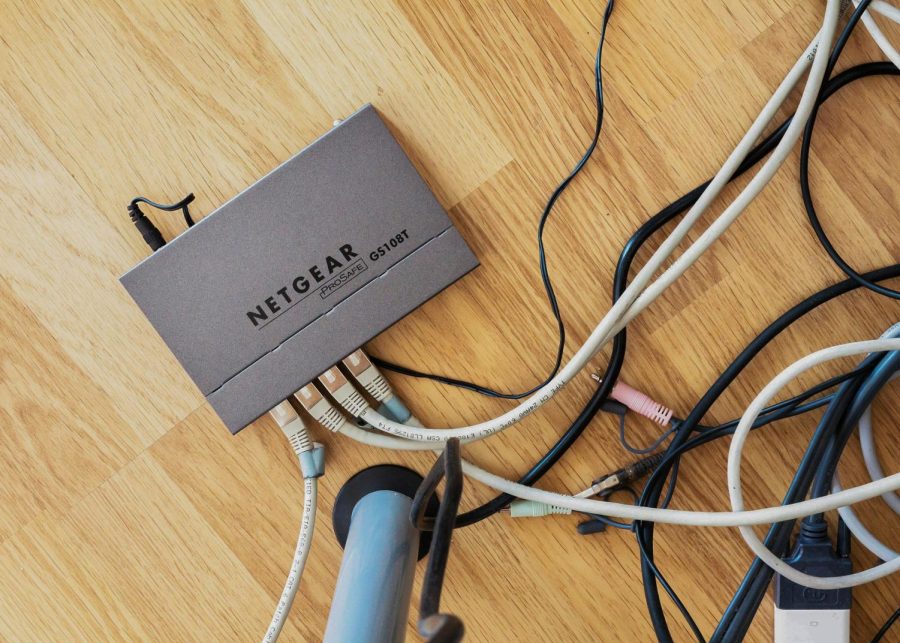OPINION: RTAs necessary, deserve dining account funds
Technology assistants must live in dorms, deserve at least first level meal plan
RTAs living in the residence halls have to purchase on-campus food with their own funds. The time consuming nature of their job makes it hard for them to have an additional job to afford food.
September 20, 2019
Gone are the days of professors assigning worksheets and collecting completed homework during class time. Assignments are delivered electronically on platforms like Top Hat and MindTap. Reasons for this shift vary from ease of grading for professors to reducing paper waste.
However, one thing that is undoubtedly essential in completing modern electronic homework is an internet connection. With no Wi-Fi, pages will not load, and students will not be able to do their work.
Wi-Fi routinely shuts down, slows with overuse and sometimes does not work altogether. And for many on-campus residents, there is often only one person they think to turn to in order to get their internet running smoothlyn
That person is the Residential Technology Assistant (RTA). Each residence hall is equipped with an RTA, and they serve as the middlemen between students and the IT department. Because the Wi-Fi on campus and in the dorms was so unpredictable at the beginning of this year, RTAs received many complaints about the connection and requests for it to be fixed.
While handling beginning-of-the-year chaos including setting up printers and other technology and receiving complaints about internet connection, RTAs are not paid. They receive the cost of their room in their corresponding residence hall paid for by the school, but they do not receive any additional payment or a Residential Dining Account (RDA) to pay for food on campus.
RTAs should be allotted at least the minimum RDA level of $970 a semester, so they can conveniently dine on campus and receive a discount by doing so. Resident Advisers (RAs) also work in the dorms; RAs are responsible for looking after students living in their halls.
They receive free housing as part of their payment, as well as the top level of RDA with $1,480 in their account each semester.
“RAs have a lot more responsibility than we do,” said second-year and Orton RTA Marcus Wagner. “If RDA was [included in our payment], that would be great, but I don’t think [we] deserve [as much as RAs].”
Students with RDA receive exclusive benefits in dining halls on campus. They get a 40 percent discount at all three dining halls on campus, as well as discounts at some markets and cafes around campus. Without RDA, RTAs are required to pay full price for food on campus or eat off campus.
Because of the importance of the work they do, and since they live on campus, RTAs should receive at least the lowest level of RDA included in their payment. This would allow for convenient and fair prices at dining halls and other entities on campus for RTAs, so they can continue to aid students and their technological needs more effectively.

















